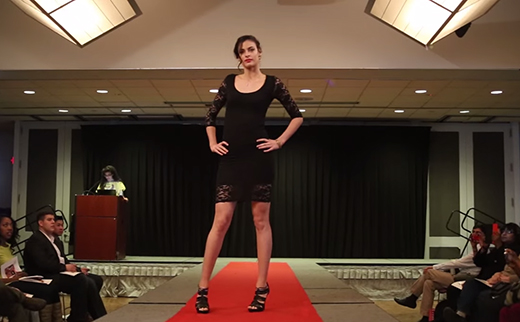
Cups of Tea is a free emotional support app seeking to put counseling services in the hands of individuals nationwide.
Launched last July by psychologist Glen Moriarty, the app connects users with nonjudgmental listeners trained in discussing issues such as anxiety, depression and eating disorders.
So far, it’s used in 150 countries, features 130 languages and, on average, hosts 85,000 conversations per week.
“The basic, overall goal is to help people know that they are not alone, that we all struggle and Seven Cups is a place where all people are accepted and belong,” Moriarty said.
Through the support of Y Combinator, an investment company that funds start-ups, the app was designed to be completely anonymous so individuals can talk without fear of judgment. They also recently released an emotional wellness and depression test.
“I think it’s a great platform considering the fact that people don’t talk about their issues because of the fear of being judged. So to be able to talk to someone sincerely and feel supported is pretty awesome. I think a lot of people could benefit from this,” junior Oyinkansola Falana said.
According to a Psych Central report, 44 percent of American college students experience symptoms of depression and over two-thirds of young people do not talk about or seek help for mental health problems.
With cost being a huge barrier for individuals to seek mental health support, Seven Cups of Tea provides free, innovative support to those who are unable to get the services they need.
All listeners must complete an “Active Listening” training program, an online course in advanced skills for compassionate communication. The extensive training process involves watching course videos, participating in mock conversations and going through 242 different levels to unlock badges for each training session completed.
The inspiration for the app came from Dr. Moriarty’s own personal experiences. He wanted to create a medium for those who simply wanted to vent at their convenience.
“I was thinking about offline behaviors that haven’t yet moved online. For example, dating was once a behavior that occurred offline and then it moved online.” Moriarty said. “While I was researching this, I was talking to my wife who’s a therapist about a personal problem. I thought to myself, ‘I’m so thankful Nikki is a therapist. What do people do who do not have a therapist for a spouse?’ It was then that it struck me.”
Plans for the future of Seven Cups of Tea include streamlining the app, for quicker service, and working on a growth plan feature, which would educate users about short, simple steps to help them cope.
“To be honest, I’ve realized I’ve been too trustworthy in my life and it hasn’t ended well for me. I think that this app will allow people to freely discuss what’s on their mind without feeling judged because they don’t know them personally,” said junior Catherine Donohoe. “I can’t wait to start using it. I’m sure it will take some of the stress in my life away from me.”
Students can check out this service by either going to www.7cupsoftea.com or downloading the app on their smartphones.














